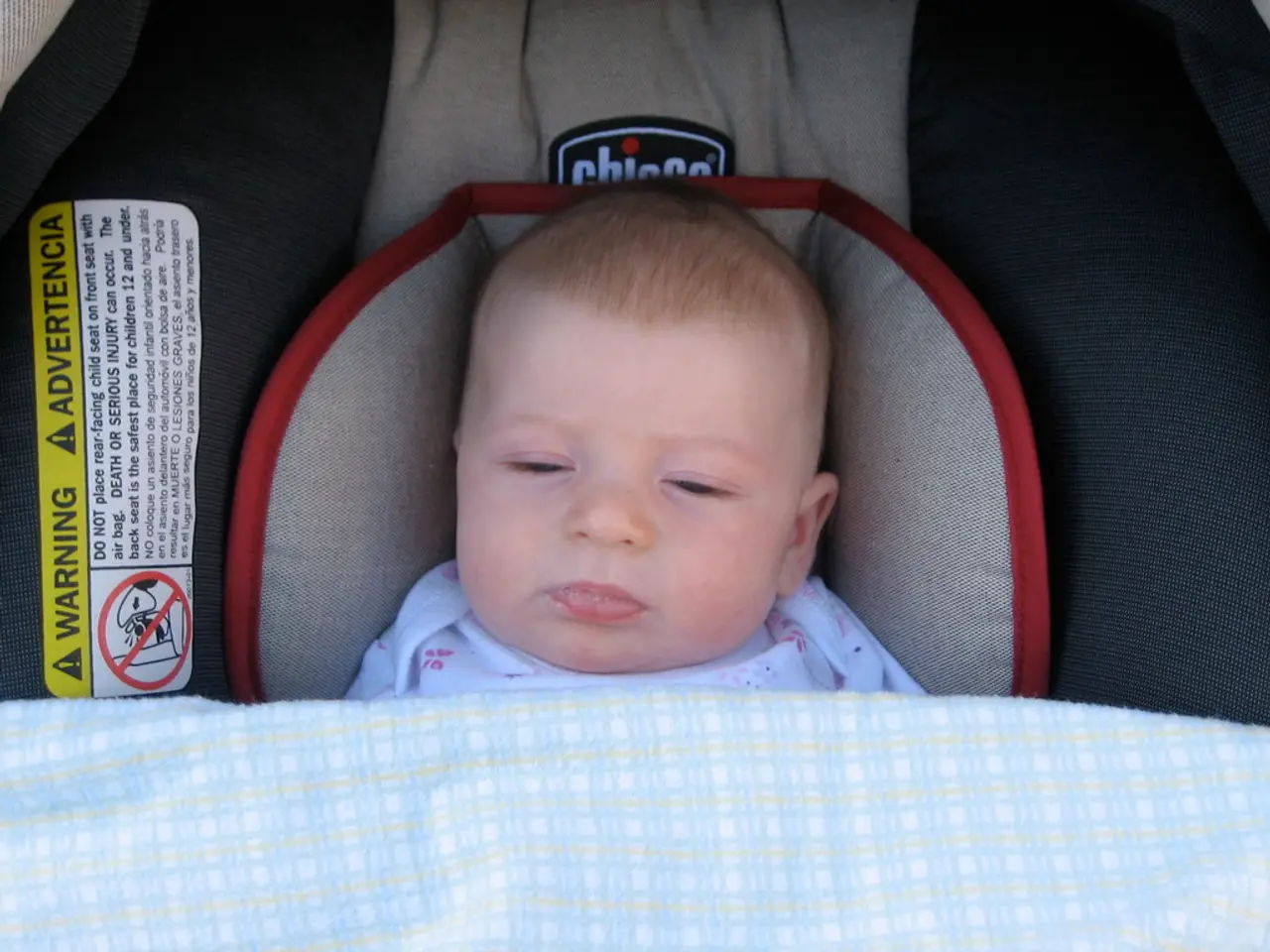Unregistered Korean children, raised in obscurity, grapple with an uncertain destiny
South Korea is facing growing calls to implement a universal birth registration system, ensuring every child born in the country a legal identity, regardless of the parents' nationality or legal status.
Currently, many children born to foreign or undocumented parents remain unregistered, living in legal limbo despite temporary stay permits. This situation has been highlighted by the case of Ki-cheol, a Korean-born individual who, despite living in Korea his whole life, lacks permanent legal status due to being unregistered at birth.
Ki-cheol's parents were undocumented migrants from Mongolia. Despite his Mongolian citizenship, granted in 2022, Ki-cheol identifies as Korean and has faced ongoing visa uncertainty, particularly in pursuing career options, particularly in sports.
The temporary nature of the permit program, due to end in December 2024, has made the situation feel like a "ticking time bomb" for Ki-cheol and others in a similar situation. The pilot program, initially limited to those who had lived in Korea for more than 15 years, has since been extended to include those who have lived in the country for six to seven years.
Advocates are pushing for comprehensive reforms, proposing measures such as:
- Universal registration policy: Establishing a legal framework that mandates birth registration for all children born within South Korea, without exclusions based on parental citizenship or immigration status.
- Strengthening civil registration systems: Improving accessibility and capacity of registration offices, including training of civil registry officers to handle diverse cases sensitively.
- Raising awareness among families and communities: Promoting the importance of birth registration for all children, especially in vulnerable or marginalized groups.
- Integrating registration services with maternal and child health centers: Making birth registration accessible immediately after birth and within healthcare settings.
- Collaboration with international and local NGOs: Utilizing the experience of programs like DREAM and BRAVO! which focus on birth registration and legal identity for vulnerable children, potentially adapting their approaches to the South Korean context.
These measures aim to ensure every child's legal status, access to healthcare, education, and protection from exploitation. Providing a birth certificate is fundamental to upholding children’s rights and preventing social exclusion.
While detailed government policy proposals have not been fully disclosed, civil society pressure and expert recommendations strongly push for comprehensive reforms to implement such a universal system in South Korea. As of August 2025, the pilot program has been extended for another three years, but no permanent solution has been established yet.
The unregistered children, typically lacking access to basic rights such as healthcare, legal identity, civil participation, security of residence, and legal protection, face numerous challenges. Unregistered foreign children cannot enroll in universal health care, making it difficult for them to access even basic medical care. The right of unregistered children to attend grade school is protected under the UN Convention on the Rights of the Child, but they face difficulties enrolling in higher education without an official visa status.
The ongoing advocacy emphasizes the need for a permanent solution to ensure every child's legal status, access to rights, and opportunities for a better future.
- The ongoing advocacy and push for comprehensive reforms in South Korea's policy-and-legislation, driven by experts and civil society, includes proposals for a universal registration policy to establish legal identities for all children, irrespective of their parents' nationality or legal status, eliminating the political issue surrounding unregistered children's legal status.
- The complexities and challenges faced by unregistered children in South Korea, such as lack of access to basic rights like healthcare, education, and legal protection, are highlighted in the general-news, emphasizing the need for prompt action in implementing a universal birth registration system and ensuring every child's rights and opportunities for a better future.





